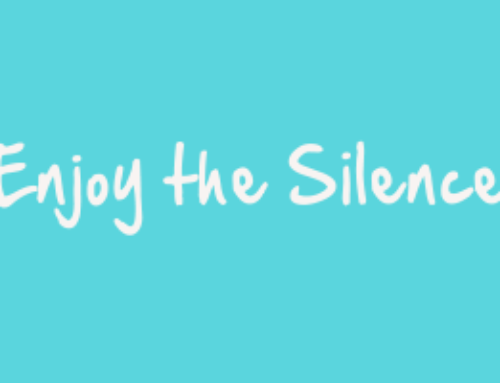Every semester, at the beginning, as I am painfully explaining the details of my syllabus to classes filled with impatient students, I eventually get to talking about my contact information and office hours. See, while I keep regular face-to-face office hours as all instructors are required to, I am also notoriously OCD about responding to emails.
When I first started teaching, I would check my computer multiple times each hour, seeing if there was a new message waiting for me. Psychologists would likely suggest that I had been socialized to do this in a similar fashion to Skinner’s mouse, who was trained to push down on a lever with the same obsessive frequency because once, just once in a while, that lever push would reward the mouse with a yummy treat. I don’t mean to suggest that I was receiving any tangible compensation for checking and responding to student emails so frequently, but what I was getting was the interaction I craved.
Humans love interaction, whether they like to admit it or not. In fact, we not only crave it, but need it for our survival. When we tie that interaction with something like a little red notification number (think Facebook here), then that number becomes just like the mouse’s lever.
Fast forward a few years when I integrated my email with a smartphone, first with a BlackBerry, and then with an iPhone. What this did for my family time was astounding. Suddenly, I was no longer tied to being at my computer for hours at a time, answering emails. I could answer them on the go and not have to spend time isolated away from my children or my wife. It was beautiful, or at least, it was at first…
As time went on, I became just as obsessed with checking my phone messages, to the point, where I did it discreetly, so that nobody would see me. Now, how is that all that different from sneaking a cigarette? A drink? A pill? I was addicted to interaction that was mediated by communication technology, and of all people in this world, I should have known better. Hell, I wrote my master’s thesis on the effects of communication technology on our interaction with the world and perception of reality.
My wife, being the brilliant and observant one in our family, was the first to notice my obsession. She then went on to, what I would call, “nag” me about it constantly. I didn’t realize that this was her attempt at bringing my attention back to the family and instead saw it as an affront to my very being. Fortunately, that arrogance did not last long, and I eventually gave in, agreeing to one day a week without technology, a sort of “iSabbath,” if you will.
That day became Saturday, and years later, the tradition generally persists, but what is fascinating is how, at first, my reaction was like a punished child, resenting my fate and hating the fact that I had to be away from my precious phone or computer. Later on, I began to look forward to the day, for technology and all the stress that comes with the sense of having to “keep up” was lifted by the ban. I soon made my children follow this lead as well, and now, none of us partake in technology on Saturdays.
Back to my classes, I tell students jokingly that Saturdays are the days where I am grounded from the phone and the computer, but in all reality, Saturdays are my escape from it all. They represent a time to slow down, choose my thoughts, words, and actions more intentionally, and reconnect with my family after a week of living among the fast-paced craziness of modern life.
We fill our time instead with going on our “adventures,” brief jaunts with the little ones to the forest, the park, or the river, where we use imaginations instead of Facebook.
We spend time reading to and with one another, allowing our minds to engage with words on the page, creating scenes for ourselves instead of letting multimillion-dollar budgets to do it for us through CGI.
We hold hands.
We skip.
We play.
We laugh.
We embrace.
We let go and allow ourselves to be with one another.
Perhaps it is time for all of us to choose a day and commit to it. The key is in commitment and follow-through. Set a good example for others and unplug.
——-
Josh Misner is a doctoral candidate and father-child researcher from Gonzaga University. His dissertation research focused on the impact of mindful father presence on children’s development of initiative and purpose during early childhood. His blog, Mindful Dad, may be found here: http://mindfuldad.blogspot.com


Leave A Comment
You must be logged in to post a comment.